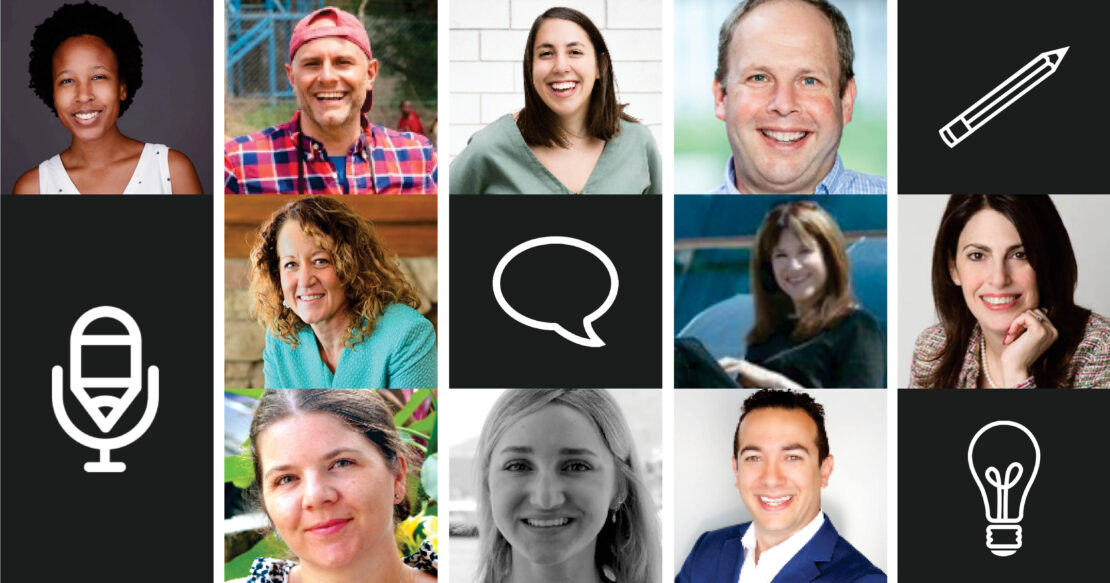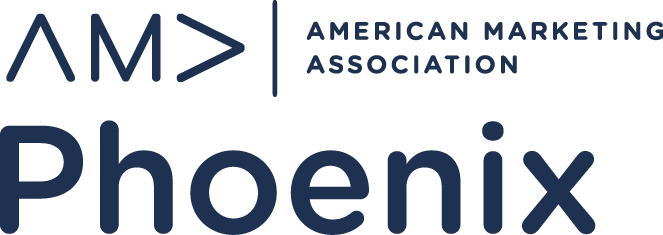- July 8, 2021
- Posted by: Featured
- Category: Blog

How can nonprofits better cultivate relationships with donors?
To help nonprofits build lasting relationships with their donors, we asked nonprofit business leaders and marketing experts this question for their best nonprofit marketing advice. From prioritizing transparency to leveraging social platforms, there are several tips that may help your nonprofit establish authentic relationships with its donors.
Here are 10 nonprofit marketing tips to improve relationships with donors:
- Value Relationship Building
- Be Transparent
- Create Powerful Moments
- Open Up Involvement
- Work on Your ROR
- Recognize Donations
- Make It Personal
- Know Their Why
- Keep Up Your Inbox
- Leverage LinkedIn
Value Relationship Building
A reliable network of lead-generating business associates is vital in the nonprofit industry, where marketing funds may be limited. That being said, it’s important to nurture mutually beneficial relationships. Cold-calling partners and donors for donations and/or leads is a sure way to communicate that you only value the working relationship so long as they have something to offer. To avoid this mishap, reach out often, congratulate partners on achievement, and ask what you can do for them.
Desiree Cunningham, Markitors
Be Transparent
I have found the best way to cultivate better relationships with my organization’s donors is through improved communication strategies. Donors want to know where their money is going, so it’s important that we update them every few weeks so they can see the projects we’re working on and the communities we’re helping. Whether it’s a quick email or a mailer sent to their address with images and graphics, we have found that donors are much more likely to continue contributing if they feel encouraged by where their money is going. Additionally, it’s my job to maintain communication among donors who are reaching out, have questions, or are looking for future donor events.
Chris Kindler, Alight
Create Powerful Moments
I highly encourage all nonprofit leaders to read the book “The Power of Moments” by Chip Heath. This book highlights that creating memorable moments and building deeper relationships don’t need to be limited by birthdays and holidays formally marked on the calendar. Instead, you have the power to create your own exciting and memorable moments that can stand out to your donors.
Audrey Hutnick, Smallwave Marketing
Open Up Involvement
Your donors are people who care deeply about your mission. While they can be expected to contribute financially from time to time, you’ll be able to build a much stronger relationship with them if you give them ways to become more personally invested in what you’re doing. Ask them for their opinion, to volunteer, or to serve on a committee. Or just invite them by for a tour or a cup of coffee. If they feel more involved, the frequency and size of their donations are likely to increase.
Elliott Brown, OnPay Payroll
Work on Your ROR
A Return on Relationship (ROR) is the definitive measurement of success for nonprofits. If you are only focused on the money, you risk completely overlooking the people. Relationships ARE the new currency – honor them, invest in them! It’s a simple quality over quantity shift in strategies, metrics, and measurements of success. Fundraisers must “earn the right to ask for a gift,” and that takes time. An organization that only counts dollars and contacts doesn’t recognize the economic value of retaining both donors and staff. It costs 5X as much to acquire a new donor as it does to keep a current one happy. And it costs an organization over 90% of the salary for every employee turnover. The level of a donor’s support is a reflection of your ability to listen to their wants, needs, and suggestions. ROR has a ‘halo’ effect – it enhances ROI at every level. The better you are at relationships – the better the ROI will be.
Michele Rebeor, Michele M Rebeor Consulting, LLC
Recognize Donations
I am a teacher-blogger. At my school, we have donors. We try to give them credit by posting an acknowledgment of their donation along with a beautiful graphic and their name in the Yearbook. This makes donors feel appreciated, so they are likely to donate again. Even little acknowledgments will make donors feel appreciated and bolster your relationship again. Relationship marketing is effective, especially if you want future donations.
Janice Wald, Mostly Blogging Academy
Make It Personal
People are asked every day to donate to millions of various charities and causes. Convincing someone to donate to yours requires making a personal connection and demonstrating clearly what previous donations have been able to do for those receiving the funds. For example, if you have an animal rescue, share the story of an animal, the animal’s name, the dire situation that animal was in, how the donations made that rescue possible, and how well that animal is doing now. When people can connect with those being helped by the cause personally, they are more likely to open their wallets.
Danielle Lindner, Children’s Author and Parenting Coach
Know Their Why
When someone donates, it’s more than likely they have a connection with your cause — whether personal or professional. But there’s often more to it than that. What made them donate to your nonprofit over any other operating in the same area? For companies, it may be the exposure they gain from being listed as one of your donors — and that’s okay! Understanding their real motives will let you develop the relationship in the right direction long term.
Amanda Napitu, Dentaly
Keep Up Your Inbox
A good way to cultivate relationships with donors as a non-profit (and any business for that matter) is to be active in your response to these individuals. There’s nothing worse than waiting a long time for a reply and having whatever process you’re dealing with be delayed unnecessarily. When you reply quickly, it shows your donors that you care and will help you to build a strong relationship with them. If you’re not active in responding and communicating with them, they’re likely going to lose interest in your business because it’ll seem like you don’t care as much as you should, and you’re going to start losing donors. You need to take care of your donors and make sure that you can build on the relationship that you have with them.
Tarah Darge, Time to Reply
Leverage LinkedIn
Using social media such as LinkedIn allows your company to build out your professional platform and network with potential donors. You can leverage your Linkedin profile as a portfolio to market to future prospects. During the course of your business relationships and partnerships, you can share the development of your clients since signing on with you. This will serve as a networking tool for securing more business opportunities and will continually positively reinforce itself.
Roy Ferman, Seek Capital
Terkel creates community-driven content featuring expert insights. Sign up at terkel.io to answer questions and get published.
